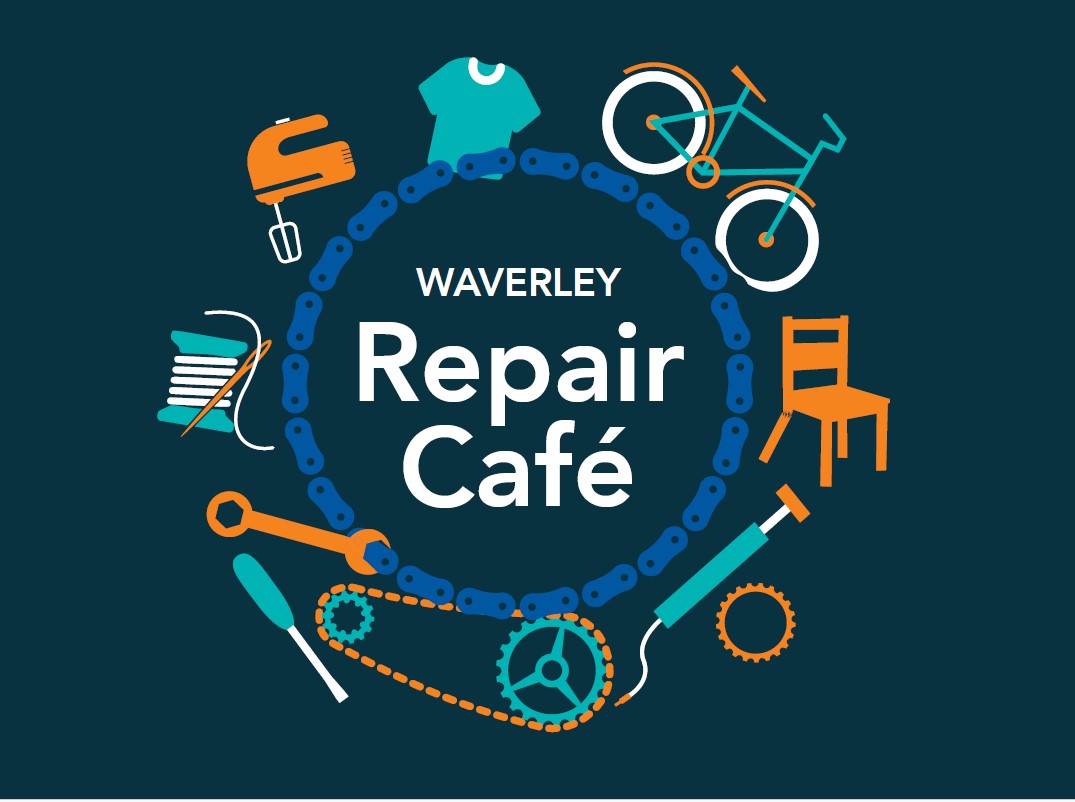
Individuals with disabilities have families too, and often these families experience specific challenges. Having the proper support can be a significant difference-maker. Developing strong relationships between families and support services ensures care that is not merely effective but also sensitive to individual needs and desires. By supporting families, they feel more secure in decision-making and collaboration with professionals. This partnership promotes stability, consistency, and trust in the support delivered, allowing all parties more easily to manage everyday requirements and long-term aspirations with assurance.
Empowering Families to Lead
Excellent disability support isn’t about doing for but about enabling families to lead in decision-making. Families know their family members best and, when equipped and guided effectively, can actively shape the support plan. This model respects their role as experts in their own lives. Support services can facilitate this empowerment by providing resources, practical tips, and ongoing support. When the family is placed at the center, they feel in control and capable of navigating the care process, with an ownership that is beneficial for the individual as well as their broader support system.
The Key Worker’s Role
Perhaps the single most useful method for establishing such close links is through the expertise of a key worker. This professional is a bridge, facilitating effective communication between families and multiple support agencies. They make things easier by coordinating care, clarifying matters, and seeing to it that no significant detail is missed. The family is comforted knowing that they have someone who knows their needs and who can speak on their behalf within the larger care network. The role establishes a bridge that solidifies relationships and promotes positive results.
The professional expertise required to navigate these complex systems is built on a foundation of specialized education and practical experience. As the sector evolves, there is an increasing demand for practitioners who can step into leadership positions and coordinate these multi-faceted care plans effectively. Pursuing a Certificate IV in Disability equips support workers with the advanced skills needed to manage person-centred care and lead teams in high-pressure environments. This level of training ensures that key workers are not only compassionate but also technically proficient in meeting the rigorous standards of modern disability services. By investing in higher-level qualifications, professionals can better advocate for the families they serve while advancing their own careers in the sector.

Foster Building Trust Through Open Communication
Genuine open communication is the foundation of any caring relationship. Families tend to bring with them considerable understanding of their loved one’s needs, tastes, and habits. Where services respect and act on this knowledge, they establish a foundation of trust. This is achieved by having open spaces for honest discussion in which families are heard and understood. This further includes professionals listening non-judgmentally and communicating information in accessible ways. Open communication facilitates partnership, enabling families and providers to work together side by side with a common vision of what supportive living means.
Building Continuity Between Services
Families will, by default, consume more than one service, and this can at times be confusing or disjointed. Good relationships deliver continuity and reduce confusion. Professionals can collaborate by exchanging information, aligning objectives, and ensuring that all parties in care reinforce one another. Families find this to streamline the process, without the need to provide repetitive information or worry about gaps in care. An integrated system ensures that the individual is given continuity of care, irrespective of how many services are involved. Such a level of planning comforts families and reinforces their faith in the system.
Assisting Families During Transition Stages
Transition stages, such as school entry, independent living entry, or movement from one service to another, may prove particularly difficult for families. Strong relationships between family members and support staff are particularly important during these periods. Professionals can offer advice, anticipate potential issues, and provide reassurance throughout the process. Families find comfort knowing they are not experiencing this by themselves. By open communication and guiding planning, transition can be less frightening and more a time of growth and fresh opportunity. This comforting presence helps families transition smoothly to the next stage of their lives.
Fostering Shared Learning and Growth
Support services are not limited to offering care. They can provide the means for families to acquire new methods, become resilient, and enhance their support capacity for loved ones. Workshops, information sessions, or demonstrations of practical activities can be excellent vehicles for the transfer of knowledge. Concurrently, services can learn from families, who come with their lived experience and understanding of what works best. This mutual learning builds respect and partnership between each other. As both providers and families are willing to grow, the relationship is more effective and dynamic.
A Partnership That Produces Long-Term Results
The core of disability care is the recognition that services and families are better together. Creating true connections ensures that care is not just useful but also compassionate and respectful of one’s differences. Through building trust and openness and empowering families to be proactive, these partnerships produce better and more sustainable results. Firm working relationships between services and families provide the foundation for long-term success, with individuals with disabilities able to flourish in a culture that values their abilities and accommodates their individual path.








